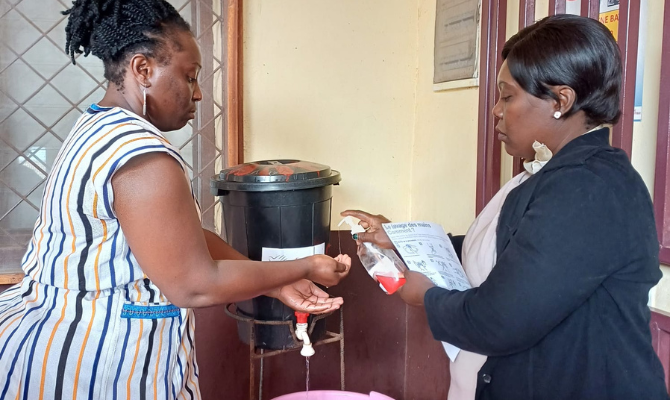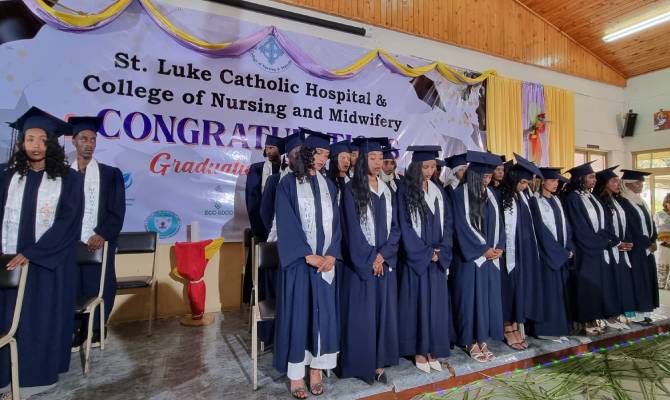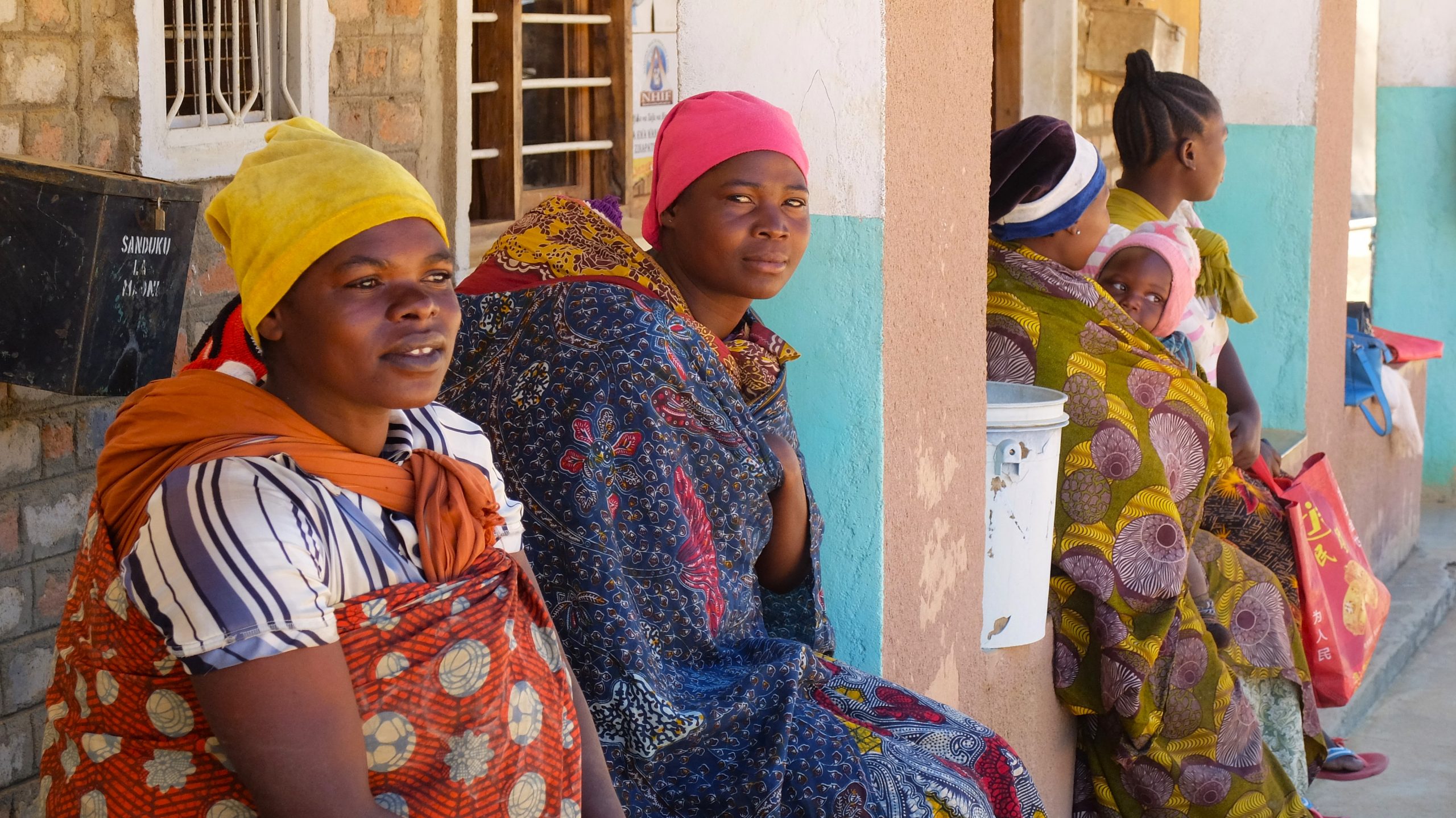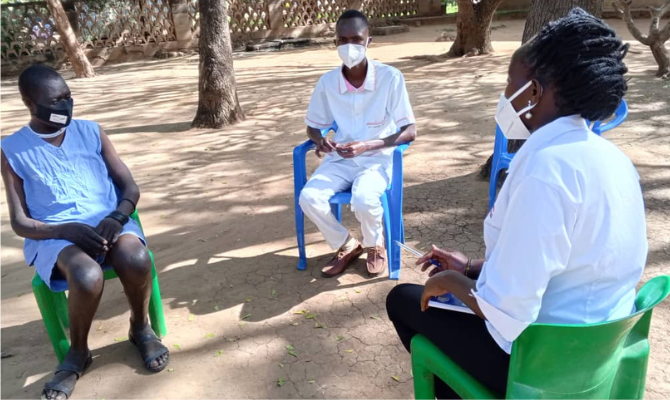We become more aware of this during major epidemics, such as Ebola or Covid, but always, in a hospital setting, improving the hygiene of both environments and individuals significantly prevents the spread of infections. As unfortunately documented by the World Health Organization (WHO), healthcare-associated infections (HAIs) are among the most frequently occurring adverse events in the provision of healthcare services. This is a challenge that needs to be addressed, especially in fragile contexts such as the Central African Republic.
“It was a success, particularly for the group of team leader nurses and the hospital’s hygiene staff,” says Armelle Couvreur, the project manager for CUAMM at the Complexe Pédiatrique de Bangui (CHUPB), speaking about the infection prevention and control training course held as part of the “Integrated Program for Vulnerable Populations in the Central African Republic in the Sectors of Health, Protection, and Food Security,” funded by the Italian Agency for Development Cooperation (AICS) and implemented in partnership with Action Against Hunger (ACF). “This workshop has allowed me to strengthen my skills in hygiene and sanitation,” stated David Kogbaou, the Major of the Hygiene Office at CHUPB, voicing the satisfaction of the other participants as well.
According to the WHO, on average, about 1 in 10 patients suffers from HAIs, with a much higher frequency in low/middle-income countries and among high-risk patients, such as those in intensive care units. Hospital infections primarily harm patients and healthcare workers but also impose a significant burden on healthcare systems. WHO data shows that infection prevention and control (IPC) interventions reduce antimicrobial resistance and infections by 35 to 70%.
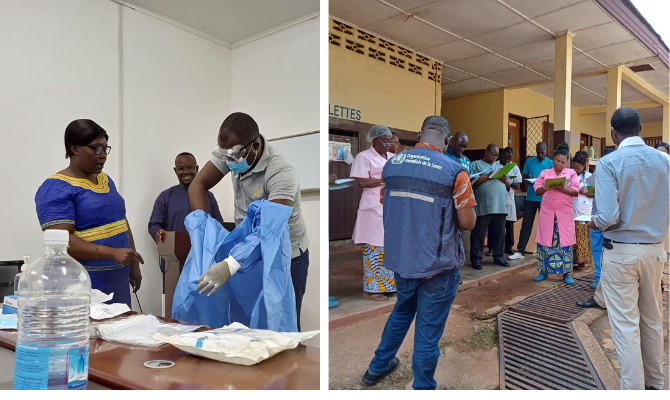
The overall goal of the training at the Paediatric hospital was precisely to help reduce infections, particularly by promoting the improvement of hospital environment hygiene and strengthening the knowledge and mastery of standard and complementary precautions in the fight against infections, as well as cleaning, disinfection, and sterilization methods. Additionally, the implementation of an evaluation and monitoring system for IPC practices would be another crucial contribution to reducing infections. The training was conducted in three sessions, each lasting three days, involving 15 team leader nurses, 5 paediatricians/paediatric surgeons, and 12 hospital hygiene personnel. The training team included a WHO consultant, two experts from the Ministry of Public Health, and a paediatrician from CHUPB.
Therefore, adequate water, hygiene, and sanitation services are essential components for providing basic healthcare services and preventing infections and their spread, along with the presence of well-trained and competent personnel in this field. Investing in IPC can yield enormous benefits in reducing suffering and loss of life, as well as generating economic and health advantages for countries.

